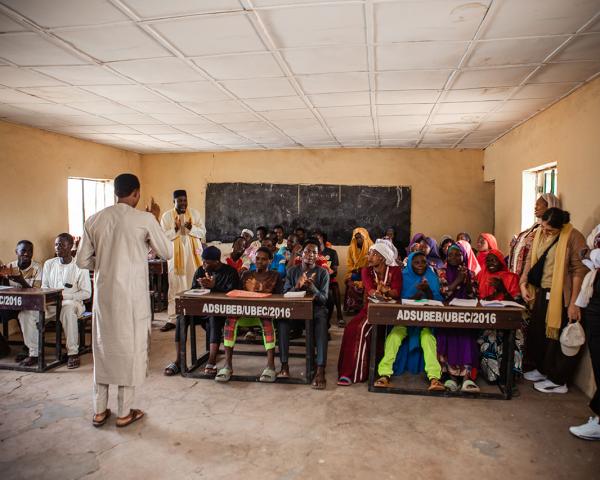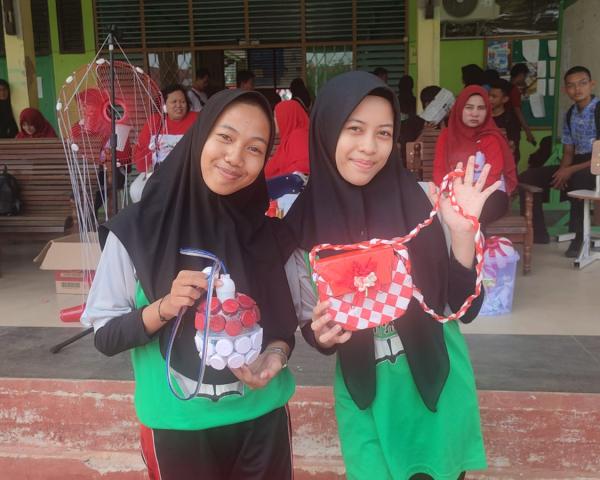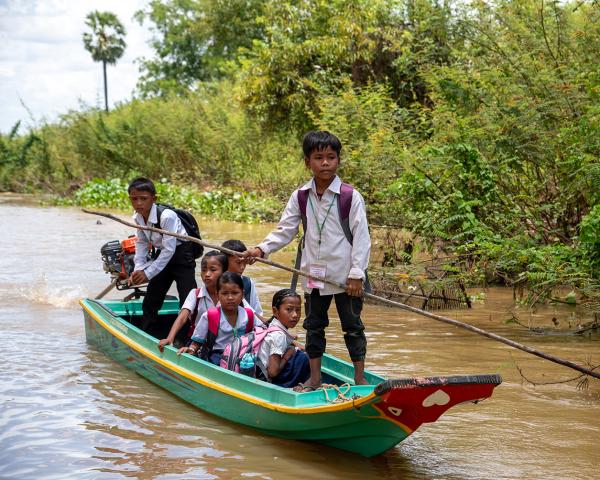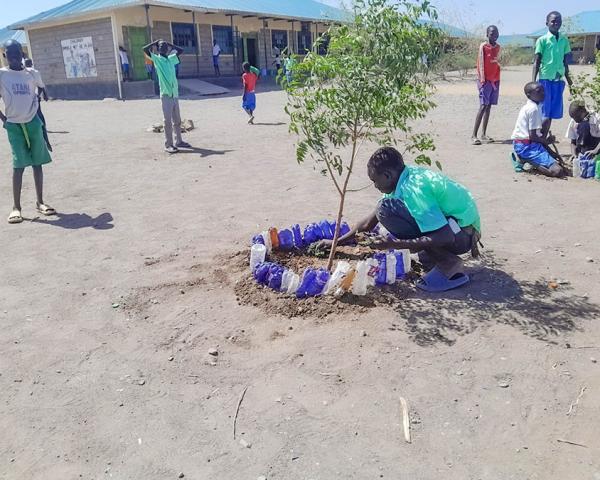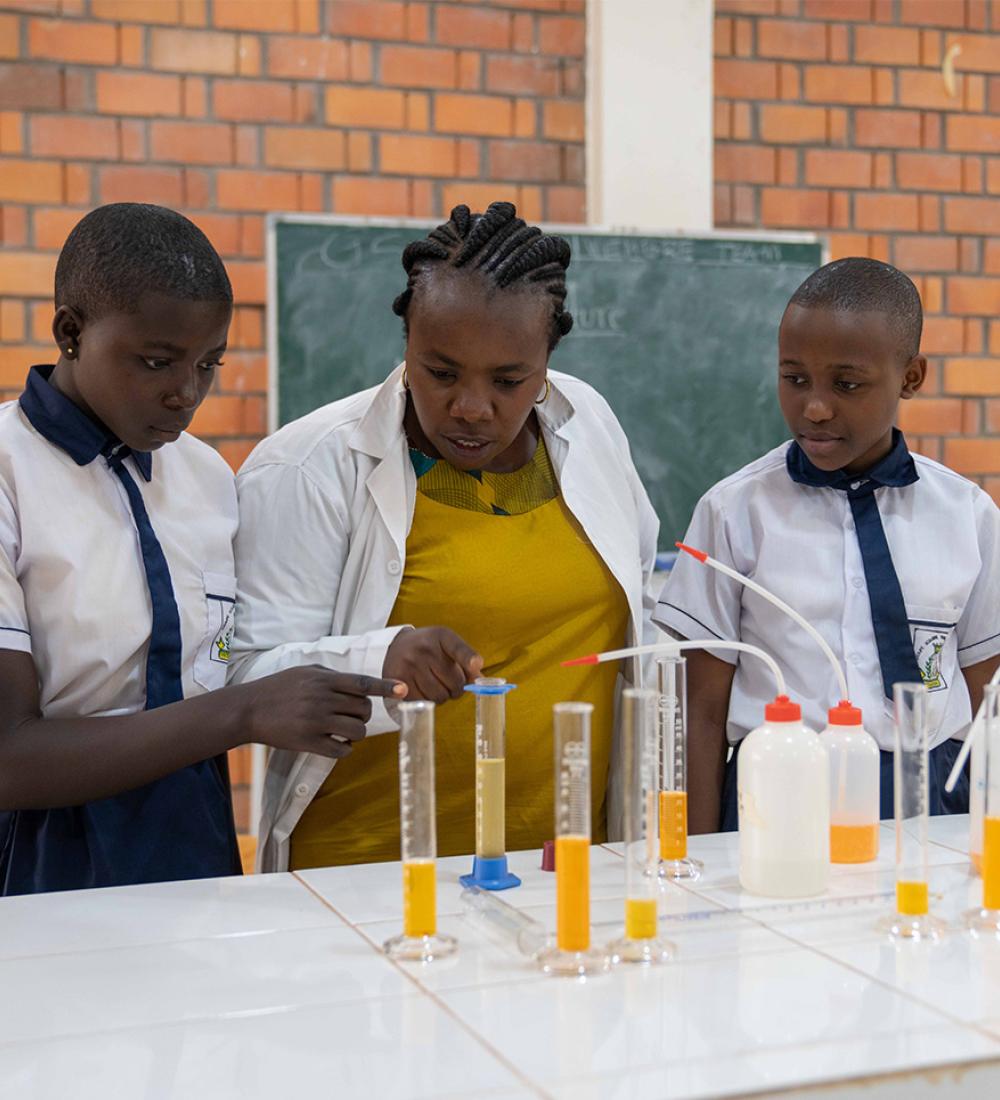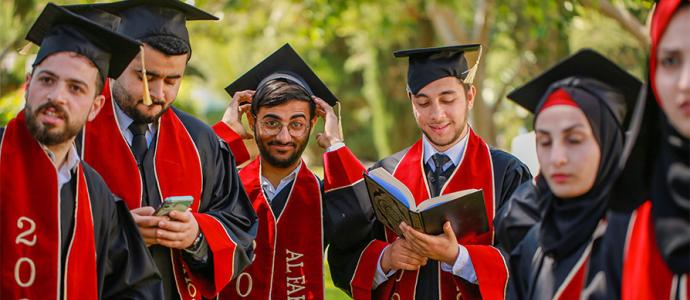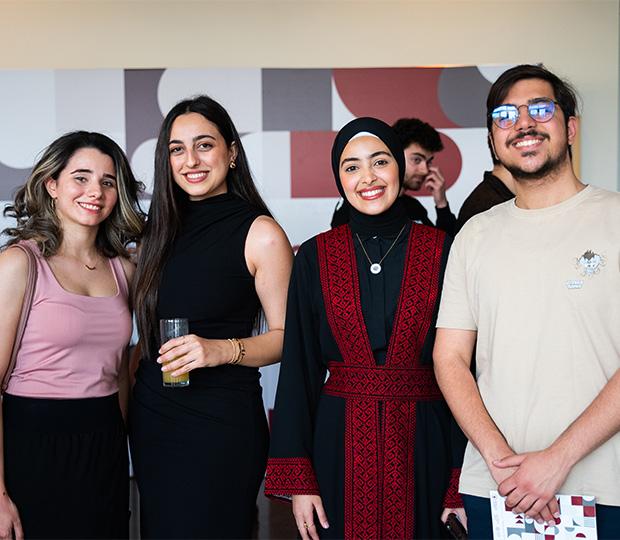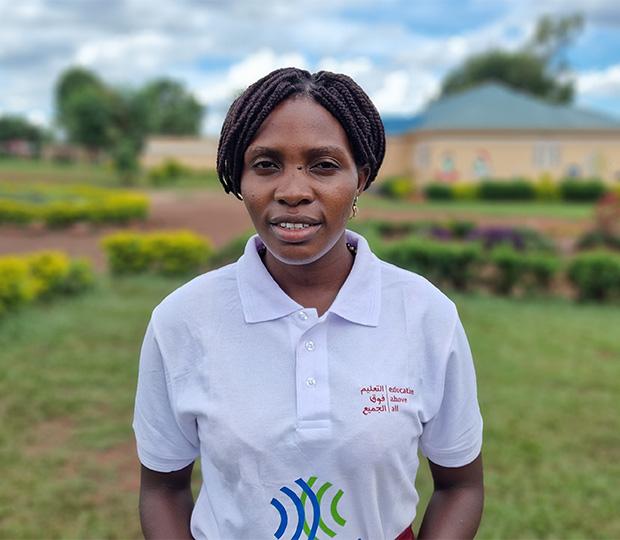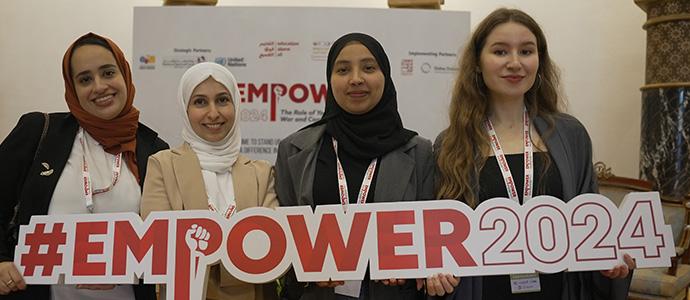Catalyzing Change: Education's Role in Building a Just and Sustainable Future
In recent years, global challenges like climate change and public health crises, such as COVID-19, have underscored the need for action on sustainable development and equitable healthcare. Access to quality education emerges as a critical pillar in addressing these issues, equipping individuals with the knowledge, skills, and resilience needed for sustainable development and crisis response. Education fosters environmental literacy, health awareness, and social justice, crucial for building resilient communities and promoting sustainable practices. Additionally, education plays a key role in promoting social inclusion and economic empowerment, bridging gaps in access to opportunities and reducing inequalities. Prioritizing education as a tool for empowerment and transformation, the G20 aims to leverage its influence to foster inclusive growth, mitigate climate risks, and strengthen healthcare systems, contributing to building a just world and a sustainable planet.
To that end, the Education Above All Foundation (EAA), the Directorate for the Development of Public Management and Educational Policies at Getulio Vargas Foundation (FGV DGPE), and the OECD netFWD will co-host a high-level two-part event.
- The first part consists of a high-level breakfast;
- The second part consists of a series of technical panels followed by lunch and networking sessions (Seminar Catalyzing Change: Education's Role in Building a Just and Sustainable Future in line with Brazil's G20 priorities).
High-Level Breakfast Speakers:
- Carlos Ivan Simonsen Leal, President, FGV
- H.E. Macaé Evaristo, Brazilian Minister of Human Rights and Citizenship
- Representative (TBC), Qatar Ministry of Foreign Affairs
- Professor Jeffrey Sachs (online intervention)
- Leonardo Barchini, Executive Secretary, Brazilian Ministry of Education
- Federico Bonaglia, Deputy Director, OECD Development Centre
- Matias Bendersky, Manager, Office of Outreach and Partnerships, Inter-American Development Bank
- Mohammed Al-Kubaisi, CEO, Education Above All (EAA)
- Henrique Paim, Director, Public Management and Educational Policy Development Division, FGV
Panel Discussions:
- Innovative Financing in Education for Social Resilience and Sustainability - Lead by EAA (10:00 am - 11:30 am)
- The Role of Foundations in Advancing Sustainable Development and supporting the G20 - Lead by OECD netFWD (11:45 am - 1:15 pm)
- Management for Learning: Reducing Inequalities and Promoting Sustainable Development - Lead by FGV DGPE (2:30 pm - 4:00 pm)
Strategic Objectives for G20 Seminar on Education and Resilience
1. Position Education as a Catalyst for Global Resilience and Sustainable Development
- Establish education as the strategic foundation for addressing global challenges, including economic stability, climate resilience, and social equity, by demonstrating its essential role in preparing societies for a sustainable future.
2. Showcase Cross-Sector Collaboration for Lasting Impact
- Emphasize the power of alliances across public, private, and philanthropic sectors to create sustainable, large-scale educational improvements. Media should highlight success stories and the shared value in these partnerships for addressing complex social needs.
3. Inspire a Forward-Looking Vision of Education Aligned with Future Societal Needs
- Communicate an innovative vision of education that supports lifelong learning, adaptability, and alignment with evolving societal priorities. Media should capture insights from the seminar on the need for an education system that continuously supports growth and resilience.
4. Drive Stakeholder Commitment to a Unified Global Education Agenda
- Foster alignment among governments, NGOs, and private sector leaders to prioritize education as a key component of both national and international development agendas, highlighting the seminar as a collaborative effort towards a cohesive global strategy for educational transformation.







